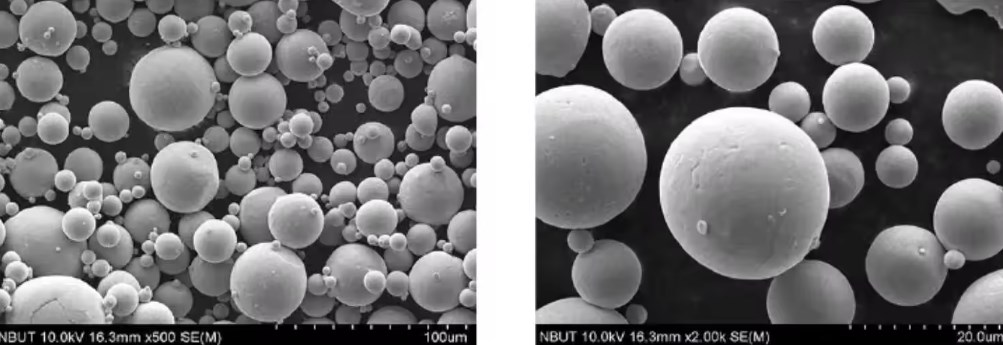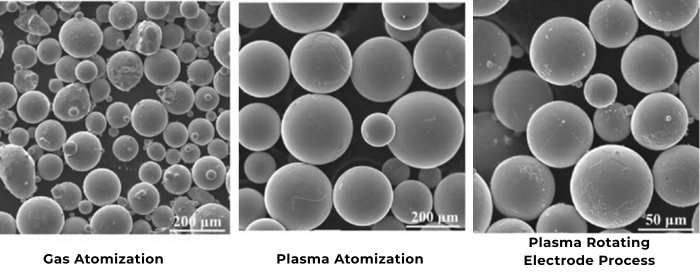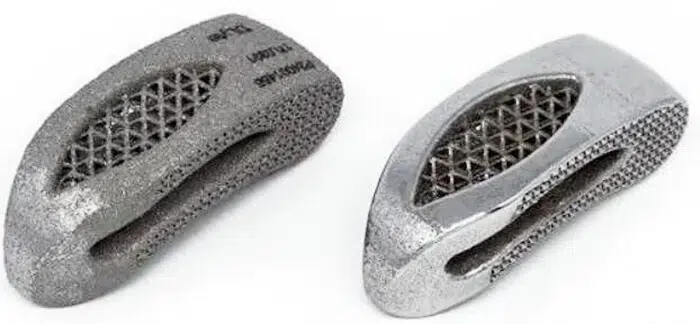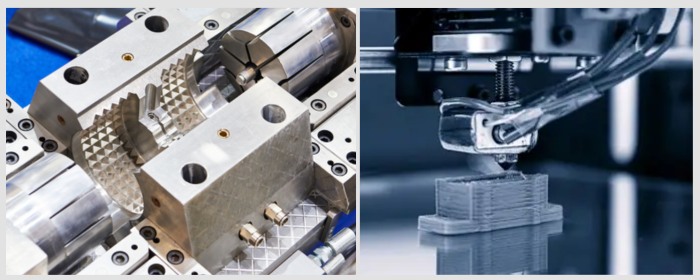

In the advanced manufacturing and materials science sectors, spherical metal powders are at the cutting edge, driving innovations across a diverse array of industries such as aerospace, automotive, biomedical, and electronics. This article delves into the unique properties of these powders and highlights their practical applications, underpinned by compelling data and a real-world case study.

Spherical metal powders are tiny, round particles of metal produced primarily through gas atomization or plasma atomization. These methods ensure that the particles are uniform in size and have a smooth surface, contributing to their high demand in precision manufacturing processes.
Spherical metal powders are highly flowable, allowing them to fill molds and die uniformly. This reduces the risk of defects in the final products, making the powders ideal for additive manufacturing where consistent layering is critical. According to research from the Institute for Materials Research, spherical powders show up to 30% better flowability compared to irregular powders, which directly correlates with improved production speeds and lower waste.
These powders have a higher packing density due to their uniform, spherical shape. A study by the Journal of Powder Metallurgy illustrated that spherical powders could achieve a packing density of 74%, significantly higher than the 68% typically achieved by non-spherical powders. This property is crucial in reducing porosity and increasing the strength of sintered parts.
The spherical shape of these powders promotes better heat distribution during sintering or melting, reducing thermal stress and distortion in manufactured parts. This uniform heating is especially vital in producing high-precision components for industries like aerospace, where even minor imperfections can lead to failures.
For instance, a company has successfully utilized titanium spherical metal powders to manufacture complex engine components via additive manufacturing. This approach has reduced the weight of certain engine parts by up to 40% while maintaining or enhancing their mechanical properties.
In the automotive sector, a company has integrated spherical metal powders in the production of parts like gears and pistons through metal injection molding (MIM). This has allowed for a more streamlined manufacturing process, reducing material waste and improving part longevity under high-stress conditions.
A notable case in the biomedical field involves a U.S.-based medical device company that uses spherical titanium powders to create customized dental implants and orthopedic devices. These implants are tailored to individual patients via 3D printing, which has shown improved success rates in surgeries and patient recovery times.
In electronics, companies are exploring the use of silver spherical metal powders in thermal interface materials (TIMs) that improve the heat dissipation of processors, enhancing their performance and longevity.
The ongoing development of spherical metal powders is poised to foster further innovations. The industry is seeing an influx of research into new metal alloys and more efficient production techniques that could enhance these powders' properties. This evolution will likely expand their applications and make them even more critical in high-tech manufacturing.
Spherical metal powders are a pivotal material technology that marries traditional manufacturing techniques with futuristic applications. Their unique properties not only enhance the performance and efficiency of existing processes but also enable the development of innovative products and solutions across multiple industries. As technology progresses, the role of spherical metal powders is set to grow, promising exciting opportunities for sectors looking to leverage this versatile material.







